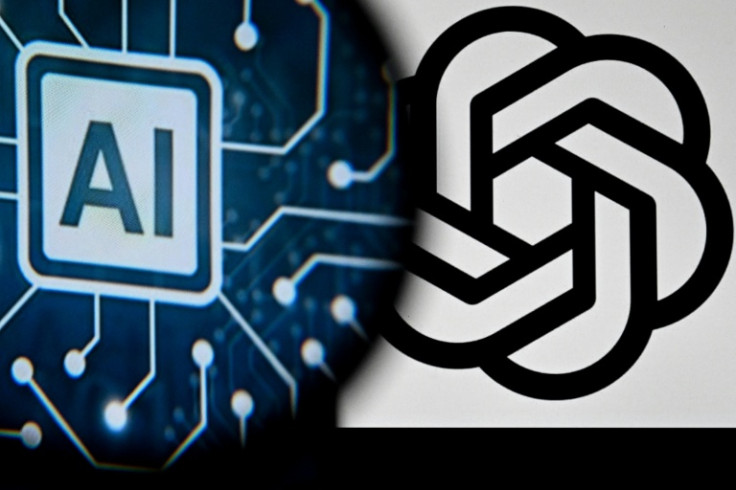Sora 2 Invite Secrets Exposed: How Elites Are Snagging Codes to Make AI Videos You Can't
Early access codes for Sora 2 remain tightly controlled and highly sought after

OpenAI's Sora 2 has become the latest talking point in the United States as the invite-only AI video platform gains attention for its exclusivity. The app allows users to generate high-quality videos with realistic audio and visual effects from simple text prompts.
Currently available to selected users in the US and Canada, Sora 2 has raised curiosity about how early access codes are distributed and why some individuals appear to obtain invites faster than others. Experts say the app's restricted availability and advanced capabilities have made it a magnet for content creators and tech enthusiasts.
What is Sora 2?
Sora 2 is OpenAI's next-generation artificial intelligence model designed for video creation. The platform allows users to produce videos with synchronised audio, including speech and sound effects, directly from text prompts.
Compared with the original Sora model, Sora 2 offers enhanced realism, improved physical accuracy, and greater user control. The AI technology powers the Sora app, a social video platform that functions similarly to TikTok, featuring a personalised feed and tools for remixing video content.
As reported by The Wall Street Journal, the app is intended to rival TikTok and YouTube by allowing users to create short, shareable AI-generated videos.
The Invite-Only Mystery
Access to Sora 2 is strictly by invitation. Each user can invite up to four friends, and the app is currently only available on iOS devices.
The limited availability has created an environment of exclusivity, prompting questions about how some users are able to access invite codes faster than others.
The invitation system appears to favour early adopters and tech insiders, making Sora 2 a sought-after platform for those interested in AI-generated content.
Codes and Access Tips
The distribution of Sora 2 codes remains tightly controlled. Users report that invitations are sent via email or through in-app notifications from current members. OpenAI has emphasised that all codes should be used responsibly and that consent is required before inserting someone's likeness into videos.
Some users claim to have discovered ways to obtain codes more quickly, but the company advises against sharing codes in unauthorised forums. Ethical considerations are central to using Sora 2, given the potential for misuse of AI-generated content.
Cameos and AI Video Creation
One of Sora 2's most notable features is 'Cameos', which allows users to insert their own image or video likeness into AI-generated content. This feature is only permitted if consent has been given, preventing unauthorised deepfakes.
This is the Sora app, powered by Sora 2.
— OpenAI (@OpenAI) September 30, 2025
Inside the app, you can create, remix, and bring yourself or your friends into the scene through cameos—all within a customizable feed designed just for Sora videos.
See inside the Sora app👇 pic.twitter.com/GxzxdNZMYG
The app allows for a range of creative outputs, from personal social media videos to experimental AI effects, all with watermarking to signal synthetic content. Content moderation is enforced to prevent the generation of explicit or misleading material.
Controversy Surrounding Early Access
The invite-only nature of Sora 2 has drawn public debate. Critics highlight the potential for unequal access and the risk of misuse of AI-generated videos.
The platform has sparked discussions about who receives invites first and how certain users are able to create content that remains inaccessible to the wider public.
Safeguards such as consent verification, watermarking, and moderation aim to address these issues, but interest in the platform continues to rise.
© Copyright IBTimes 2025. All rights reserved.





















